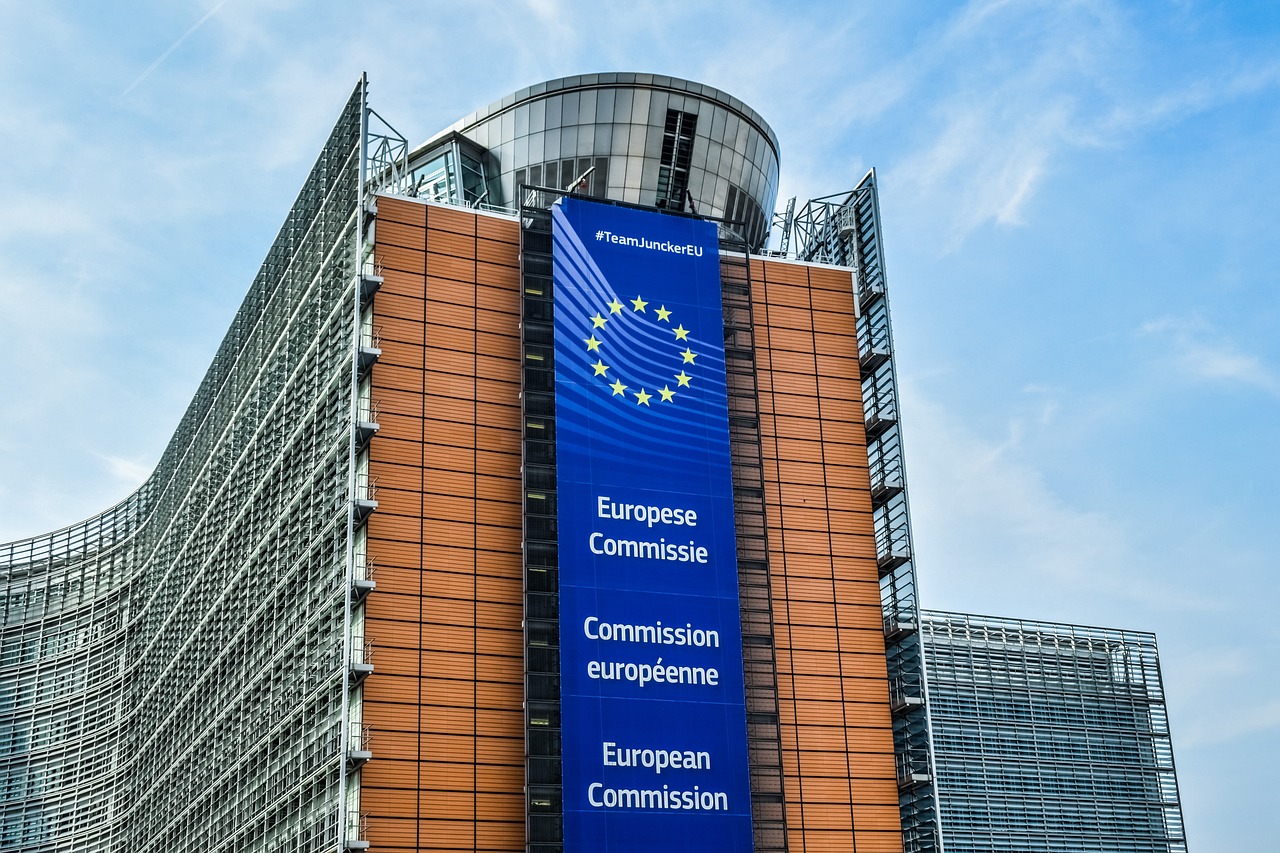Digital Markets Act: More Resources Needed to Get The Job Done Right

Today the European Union’s Digital Markets Act (DMA) entered into force, and it won’t be long before its effects are felt. The first companies targeted by the DMA will have to bring their digital products and services into compliance with the DMA’s obligations by the end of next year. But unlike competition law, companies are not free to self-assess their compliance with the DMA. The European Commission will have the power, but in order to get the job done right, it will need more resources.
The Commission has a big task ahead of it. From 1 November, companies will have two months to notify the EU Commission if they meet the quantitative or qualitative “gatekeeping” thresholds contained in the DMA. Shortly afterwards, the Commission will need to clearly define the scope of the “core platform services” which “individually are an important gateway for business users to reach end users” according to DMA Article 3(9). This definition will set the particulars and boundaries of the various platform services to which the DMA’s obligations will apply, and will need careful consideration with technical input.
In a later step, for a wide range of the most impactful obligations, the Commission will engage in a structured dialogue with designated companies to specify how the company must comply with the DMA obligations. According to DMA Article 8(7), this is to ensure they “are effective in achieving the objectives of this Regulation and the relevant obligation, and proportionate in the specific circumstances of the gatekeeper and the relevant service.” While the obligations may look straightforward to the uninitiated, technically-minded experts will tell you that things like “interoperability” and “access” do not mean the same thing in all contexts.
Enforcement of the DMA is frontloaded. Given the large number of services that will likely be impacted, it will take a lot of early work to sort out all the nuances and to make sure the product scopes are clearly and predictably defined, especially in light of the dynamic nature of the products and services covered by the DMA. It will also take significant thinking to ensure that compliance implementations are proportionate, and do not unduly harm innovation, the consumer experience, privacy, security, commercial freedom, or other important objectives of EU law. That’s a lot of work that needs to be done upfront. This requires resources.
The Commission has already signaled its intention to enlist business users and consumers in the implementation process. As Executive Vice-President Margrethe Vestager said recently: “It takes a village to raise a child. It takes a community to make tech compliance”. A first workshop will take place on 5 December, and focus on the identification of practices amounting to “self-preferencing”, detecting the existence of self-preferencing practices and concrete measures to ensure and monitor compliance. Workshops on DMA implementation will also take place at Member State level and the Commission has indicated that the goal of its recent opening of a Silicon Valley office is in part to enlist the support of other potential beneficiaries of the DMA.
But will all these additional voices make the Commission’s job easier or harder? It’s quite possible that the Commission will need even more resources to sort through the various viewpoints and arguments, reject rent-seeking efforts of vocal business interests, and find a consistent and defensible through-line. Competition experts called for strengthening the adjustment mechanisms during the DMA’s legislative process, with a view to giving the Commission more explicit flexibility and discretion to tailor the obligations as needed, but to no avail. Without this flexibility, the Commission faces an even harder task with greater risk of unintended consequences, particularly given the threat of ongoing lobbying campaigns from complainants.
Concerns have already been raised about the lack of resources faced by the Commission, and the small size of the team dedicated to the task, but the Commission has yet to request a bigger budget. It is reported that a new unit will be established within the Directorate General for Competition with 40 people, so presumably more resources will be allocated in line with the original projections (40 in 2023, 60 in 2024, 80 thereafter). But given the frontloaded nature of the DMA, the need is urgent now, there’s no time to waste.
To get the Digital Markets Act’s implementation right, the Commission needs more resources, more staff, and more technical experts to work with industry to define the DMA’s obligations and the scope of services covered. With additional resources the Commission can ensure the impact of the implementation increases competition and creates more opportunity for innovators to succeed. Without these additional resources, there’s a big risk that the DMA will not achieve the beneficial outcomes for European citizens that policymakers intend.








